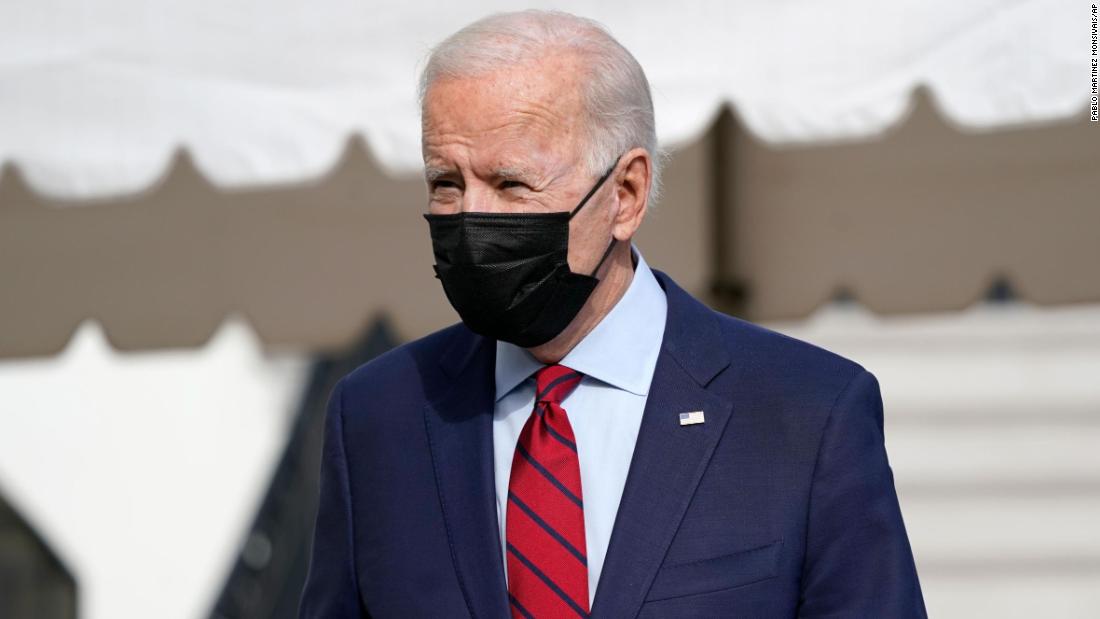“Although we are disappointed by Iran’s response, we remain ready to engage again in meaningful diplomacy to achieve a mutual return to fulfilling the JCPOA (Joint Comprehensive Action Plan) commitments,” said a White House spokesman.
“We will be consulting our P5 + 1 partners on the best way forward,” added the spokesman. P5 + 1 refers to the permanent members of the UN Security Council – China, France, Russia, the United Kingdom and the United States – and Germany.
Iran’s rejection of the Biden government’s first effort to boost diplomacy and begin to get Iran and the United States back into compliance with the nuclear deal signals how long and complicated the diplomatic process designed to save the deal must be.
Iranian Foreign Ministry spokesman Saeed Khatibzadeh said on Sunday that now is not a good time for the meeting.
“This is not very encouraging,” said a European diplomat familiar with Iran’s rejection. Iran wants a guarantee of relief from sanctions after the meeting, the diplomat said.
The Biden government, which sees this move by Iran as part of the diplomatic process, has said it is flexible about the format of these negotiations. But the longer it takes Iran to the negotiating table, the more difficult it will be to save the situation, said the European diplomat.
The International Atomic Energy Agency and Iran reached a “technical understanding” last weekend in an effort to prevent the total collapse of the deal, which will be in effect for up to three months. The deal had to be put in place because Iran has come forward with one of its most blatant violations of the JCPOA to date: restricting short-term inspectors.
